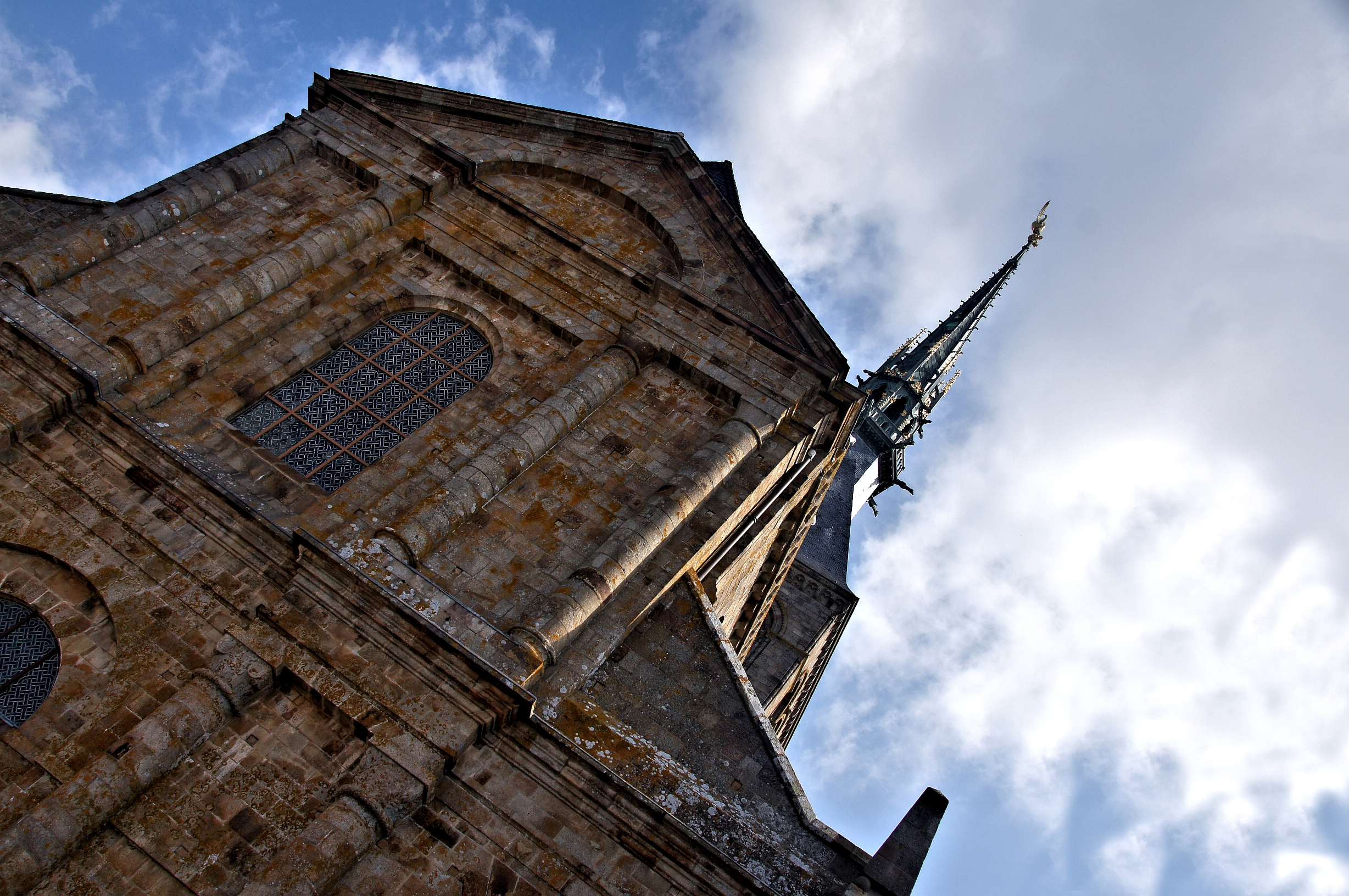In praise of ritual & tradition
Can I take a minute or two to defend ritual and tradition? It's true that this might seem a bit odd for me. I have spent my life in an Evangelical stream that is anything but high church. In my world I have heard, more often than not, Matthew 6:7 used as a prooftext for avoiding any sort of ritualistic traditions in the church. Further, for those who know me, you may know I've generally been glad to adopt new behaviors, and have been very comfortable in pretty modern expressions of worship. Some of you may even be chuckling under your breath as you read this. ;-) I am increasingly convinced, though, that those of us who may have been guilty of badmouthing ritual and tradition are missing the rich value of both, and are truthfully a bit hypocritical without realizing it. It may be that our resistance to ritual and tradition is wrapped up in the rather common refrain from many church leaders that religion is a bad thing which is rather unfortunate opinion when you consider that religion is a biblical word. If God thought it important, maybe we ought to do the same? But I digress. With all this in mind, why ought ritual and tradition matter to us?
1. Every church practices ritual and tradition. It's interesting to me how quick we are to diminish ritual and tradition without acknowledging our own rituals and traditions. There is no religious experience, across the globe, that has existed for any length of time that is void of ritual and tradition. Whether it's something as simple as the time the church gathers, or something more significant like an element of the service or the order of the service, every church has its rituals and traditions. Even the most modern of churches, working hard to reflect contemporary trends and consistently embracing creative new ways to communicate the gospels are full of behaviors that are consistent week-in and week-out. Let's begin any discourse about this topic with a little honesty to acknowledge that we all have our rituals and traditions.
2. Ritual and tradition are the foundations of some of life's richest experiences. Every night I come home and we gather together as a family to pray. We pray for some very specific items each night, including the use of a prayer guide that my wife put together for us featuring every Christmas card anyone sends us. Every day we pray for the family or person reflected on the next Christmas card. Finally, after we do all of that, my girls each come to me and give me a hug, and then kiss me, and then they head off to bed. It's a ritual that we have been engaging in for years now. It's also one of the richest moments of my day. What's more, that little ritual makes my time with my daughters full of meaning in ways that I couldn't experience apart from it. Our worship experiences are no different. We each have rituals and traditions. Sadly, in many cases, our rituals and traditions have lost their meaning, and in those cases the experiences are not rich and meaningful, but I think that's a leadership issue, not a ritual issue. More on that in a moment. Let's not dismiss all ritual and tradition simply because some of us have failed to pass down the meaning behind them, leading them to lose meaning and influence.
So how do we acknowledge the importance and value of ritual and tradition, while not allowing it to lose meaning and value?
1. Be aware of our own ritual and tradition. This is incredibly simple, but so important. Look through your own worship experience. Spend some time in examination, and then own up to your traditions. Acknowledge them. Communicate their existence to your faith community. Don't practice unintentional hypocrisy by derisively dismissing tradition, while you practice unacknowledged tradition of your own.
2. Use ritual and tradition to convey meaning. Once you have recognized your tradition, carefully explain why you practice it, the theology behind it, and how it intersects and influences your worship experiences. Help the people you lead to recognize the value of repeated experiences. It seems odd that we would ever want to argue for less of a good thing, instead of more. If your church practices something that's an important part of worship, celebrate it, don't dismiss it.
Remember, ritual and tradition generally aren't the problem, meaningless ritual and traditions are. Further, meaningless ritual and tradition are almost never a ritual and tradition problem. Meaningless ritual and tradition are almost always a leadership problem. Ritual and tradition almost always begins as a meaningful element in our worship gatherings. They become meaningless because we let them become so. Leaders are responsible for teaching why we do what we do. If you have ritual or tradition in your gatherings that are meaningless, it's quite possibly your own fault (or the fault of your church's leadership as a whole). Fix it by leading well.
3. Eliminate ritual and tradition that are void of meaning. The final element is pretty simple, really. If you have meaningless ritual and tradition, and you cannot lead the church to understand why it is you practice that element, than get rid of it. Meaningless ritual and tradition works against genuine worship by stripping the worship experience of rich theological truth. Do not allow that to happen under your watch as a leader. Either breath new life into old ritual and tradition by teaching and leading well, or eliminate it. There really is not another good option.
*Photo courtesy of FreeImages.com and was taken by Anita Berghoef.

